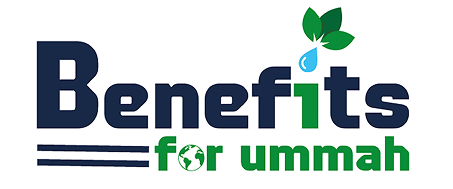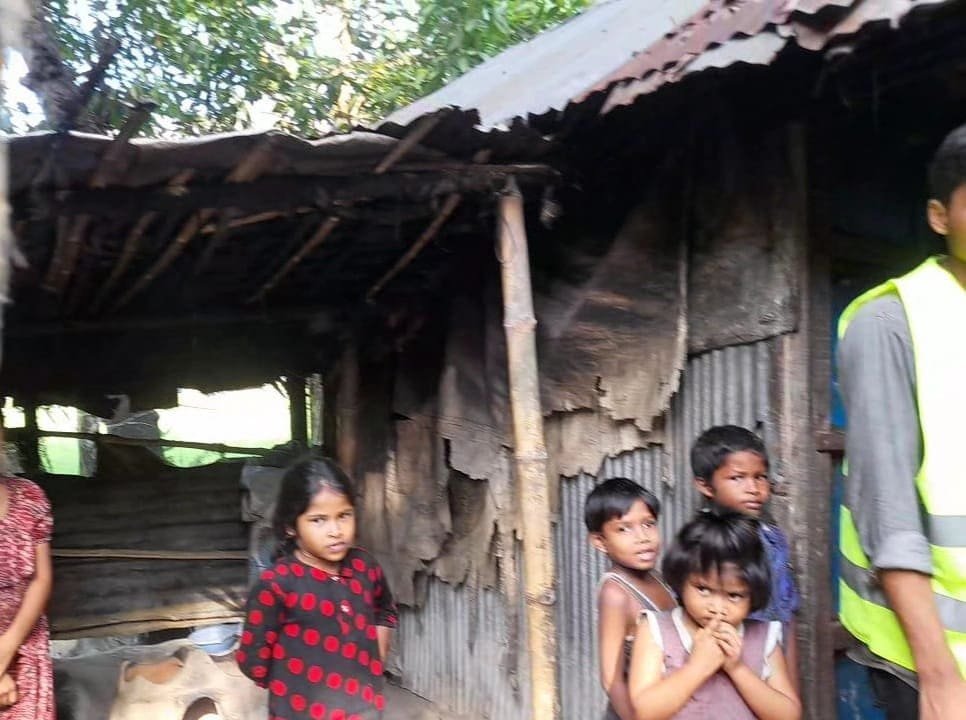Religious Dues
At Benefits for Ummah, we are dedicated to guiding Muslims in fulfilling their religious obligations with clarity and purpose. Our Religious Dues provides essential information about Zakat, Sadaqah, Fitrana, Kaffarah, and other key Islamic dues. Learn the significance, calculation methods, and spiritual rewards of giving for the sake of Allah (SWT). Whether you’re seeking to purify your wealth or support those in need, this page helps you uphold your responsibilities with sincerity and confidence.
Zakat is not a charity, but poor and needy people’s right to rich people’s wealth, and this right is given by Allah SWT. It is a reminder that we are all responsible for each other’s well-being and must come forward with financial help to our Muslim brothers and sisters in need. This helps to build a better society where everyone has access to essential resources and services regardless of social or economic status.
What is Zakat?
Zakat is one of the most essential duties of a Muslim; it is the third pillar of Islam. Zakat comes from the Arabic word Zakah and means purification, cleanliness, blessing, growth, etc. It is also considered giving Zakah purifies wealth and brings barakah. Allah (SWT) appreciates and rewards the one who gives Zakah.
Zakat is farz on all the Muslims, who have more than they need. Whoever has more wealth than Nisab is ordered to give Zakat to the poor and needy.
What is Fitrana?
Sadaqatul Fitr, also known as Fitrana or Zakat ul Fitr, is a form of charity that stems from the Zakat (the third pillar of Islam). It is focused on the community’s welfare.
It is not only a great way to practice charity, but it also fosters unity among the Muslim community.
All eligible Muslims must give Fitrana when Eid to thank Allah SWT for all his blessings. Fitrana is used to provide food and meals amongst the less fortunate before the salah of Eid-ul-Fitr so that all can celebrate Eid in a good way.
Who is Eligible to Give Fitrana?
Every Muslim enjoying excess food is eligible to give Fitrana. Whether the Muslim is a slave or a free man, an adult or a kid, a man who performs fasting in Ramadan and who does not, all must give Fitrana.
It’s recommended to give your own fitrana by yourself, but if it’s about a family, the head of the family will give a fixed amount of Fitrana for all the family members under his responsibility.
What is Sadaqah?
Sadaqah is an act performed by people with the goodness of their hearts to help other people in need seeking the pleasure of Allah, not expecting any appreciation from people. It’s advised to give Sadaqah in secret. In Al Quran, Allah SWT says, “giving Sadaqah publicly is not forbidden, but when you give Sadaqah to a poor privately, that is better for you; in the day of judgment Allah SWT will forgive your sins secretly without revealing others just like you did today.
What is Sadaqah Jariyah
Sadaqah Jariyah is also known as an ever-flowing charity that keeps benefiting the giver even after he dies. In Quran, Allah SWT says- after death, all the paths of the deed cease except three, Sadaqah Jariyah, knowledge, and righteous child. These three things will bring blessings for you even after you are no longer on this earth. Some form of Sadaqah Jariyah.
- Building a source of clean water.
- Funding a madrasa, school, mosque.
- Construction health care center, orphanage.
- Taking responsibility for an orphan, widow.
- Helping the poor with education.
How Benefits for Ummah Use Zakat for Social Well Being
Benefits for Ummah Inc will use the Zakat fund to make better lives for the poor and needy people.
We will use your Zakat-
- To distribute necessities items to those who can’t afford them.
- To care for an orphan, his living, education, and other needs.
- Need urgent money for medical care.
- To someone who has lost financial stability and is unable to stand on his feet to start a business or make a living,
- For women who don’t have a guardian to take care of.
By donating Zakat, you provide financial assistance to the poor and needy and promote social justice and equality among all people.






